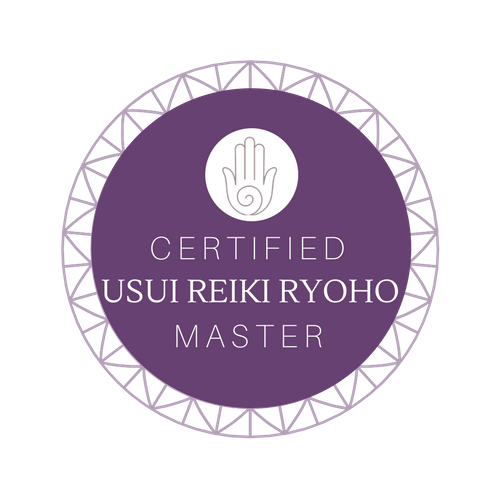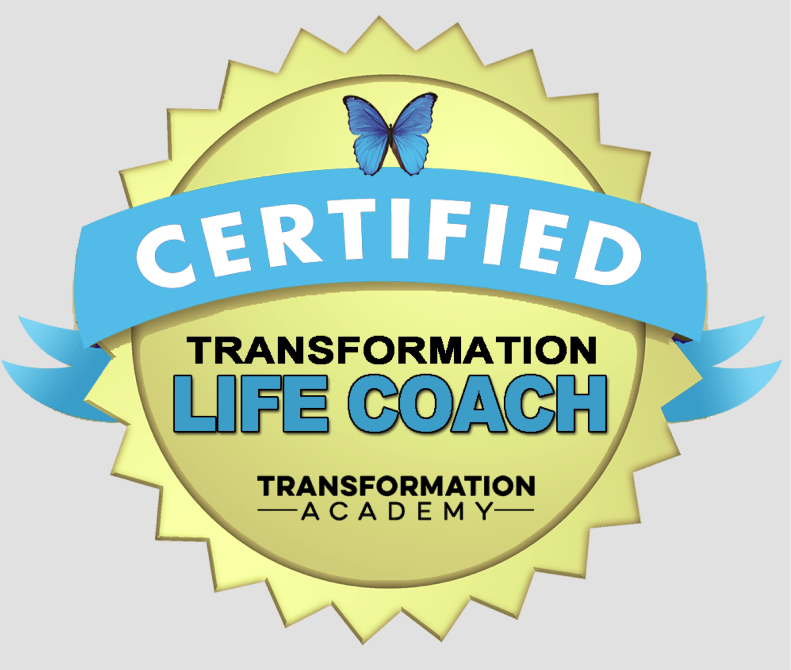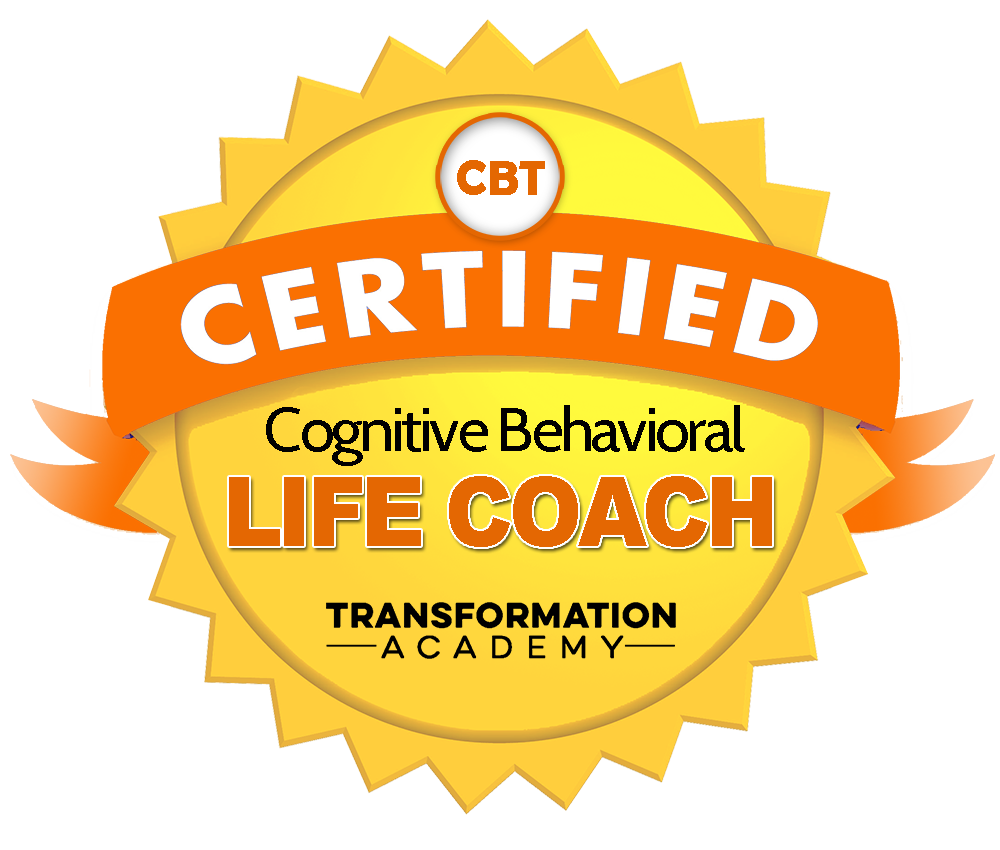Transforming Anger and Rejection into Growth

Understanding the Impact of Rejection
Rejection is a universal experience, whether in relationships, workplaces, or social settings. While hearing "no" can be disheartening, it is essential to recognize that rejection is not a personal attack but rather a part of life’s journey. Unfortunately, many people struggle with rejection, allowing it to provoke anger and impulsive reactions.
For example, imagine applying for a loan and being denied by the bank. A person who struggles with rejection might storm out, venting their frustration through anger or verbal outbursts. However, this reaction does not change the outcome; it only adds stress and negativity. Recognizing rejection as a trigger for anger is the first step in developing healthier responses. Instead of reacting impulsively, learning to regulate emotions and manage stress effectively can lead to a more composed and productive response.
Managing Stress to Reduce Anger
Stress and anger are closely connected. When stress levels rise, emotions become harder to control, making rejection feel even more overwhelming. Therefore, reducing stress is a crucial step in managing anger. Here are some practical ways to lower daily stressors:
- Plan Ahead: If mornings feel rushed and stressful, prepare the night before. Choosing an outfit, organizing necessary documents, or packing lunch ahead of time can make mornings smoother and reduce unnecessary pressure.
- Time Management: If you constantly find yourself running late, creating a schedule with designated time slots for tasks can help maintain structure and reduce last-minute chaos.
- Prioritizing Tasks: Instead of overloading yourself with multiple responsibilities at once, focus on completing one task at a time. Multitasking can lead to stress and frustration when things don’t go as planned.
- Physical Activity: Exercise is a great way to release built-up energy and tension. Activities like walking, yoga, or deep breathing exercises can help manage stress and improve emotional control.
- Relaxation Techniques: Taking short breaks throughout the day for deep breathing, meditation, or simply listening to calming music can help reset your mind and prevent stress from escalating into anger.
By incorporating these habits into daily life, stress levels decrease, making it easier to handle rejection without an emotional outburst.
Shifting Your Mindset About Rejection
One of the most effective ways to manage rejection is by changing the way we perceive it. Instead of seeing rejection as a failure, viewing it as an opportunity for growth can make a significant difference in how we respond. Here are some ways to reframe rejection positively:
- Rejection is Not Personal: Most rejections are based on circumstances rather than personal inadequacy. A loan denial may be due to credit history, not because the bank dislikes you. An employer rejecting a job application may be looking for a different skill set rather than doubting your abilities.
- Rejection as Redirection: Sometimes, rejection leads us away from situations that are not meant for us. If a job opportunity falls through, it may be because a better opportunity is waiting ahead.
- Understanding Intentions: If someone you care about tells you "no," consider their intentions. For example, a spouse discouraging visits to a bar may not be trying to control you but rather looking out for your safety. Recognizing the positive intent behind rejection can help prevent resentment and anger.
- Learning from Rejection: Every rejection provides a lesson. If a job application is turned down, it may indicate areas that need improvement. Use the experience as feedback to enhance your skills, refine your approach, or explore better opportunities.
When rejection is viewed as a stepping stone rather than a setback, it becomes a tool for self-improvement rather than a source of frustration.
Controlling anger Before It Escalates
Anger can be destructive when left unchecked. Learning to manage it before it spirals out of control is essential for maintaining emotional stability. Here are some techniques to keep anger in check:
- Pause Before Reacting: When rejection stirs anger, take a deep breath and allow a moment to process emotions before responding. This prevents impulsive reactions that may worsen the situation.
- Practice Self-Talk: When feelings of rejection surface, remind yourself that rejection is a normal experience and not a reflection of your worth. Repeat affirmations like, "This is just a temporary setback" or "I am capable of handling this situation."
- Channel Anger Into Productivity: Instead of allowing anger to consume energy in a negative way, use it as motivation to improve. If rejected for a job, enhance your skills, update your resume, or seek new networking opportunities.
- Find Healthy Outlets: Expressing anger in a constructive way can prevent emotional buildup. Engaging in physical activities, creative pursuits, or journaling can help release pent-up emotions in a healthy manner.
- Seek Support: Talking to a trusted friend, mentor, or therapist about feelings of rejection and anger can provide guidance and a different perspective on the situation.
Controlling anger requires self-awareness and practice. The more we implement these techniques, the easier it becomes to manage emotions effectively.
Prioritizing Self-Care and Relaxation
Neglecting self-care often leads to emotional exhaustion, making it harder to cope with rejection. Taking time to relax and recharge is essential for maintaining emotional balance. Here are some self-care practices that can help:
- Mindfulness and Meditation: Practicing mindfulness helps cultivate awareness of emotions, making it easier to navigate rejection without overreacting.
- Engaging in Enjoyable Activities: Doing things that bring joy, such as reading, listening to music, or spending time in nature, can help reduce stress and improve mood.
- Setting Boundaries: Learning to say no and setting boundaries can prevent unnecessary stress and emotional strain.
- Journaling: Writing down thoughts and feelings can help process emotions and gain clarity on situations that trigger anger or rejection.
- Rest and Sleep: Lack of sleep can heighten emotions, making rejection feel more intense. Ensuring adequate rest helps maintain a balanced mindset.
Self-care is not a luxury but a necessity. Prioritizing emotional well-being strengthens resilience and enhances the ability to handle rejection constructively.
In Summary
Rejection is an unavoidable part of life, but it does not have to lead to anger and frustration. By managing stress, shifting perspectives, and practicing emotional regulation, we can transform rejection into an opportunity for growth. Developing healthy coping strategies allows us to navigate life’s challenges with resilience and confidence.
Ultimately, learning to handle rejection with grace benefits not only ourselves but also our relationships, careers, and overall well-being. By embracing rejection as a stepping stone rather than a setback, we open doors to greater self-awareness, personal growth, and a more fulfilling life. Remember, every "no" brings you one step closer to the right "yes."
Click the link below to book your free clarity call or free virtual coffee chat.
Grab a copy of our newletter by completing the form below, this will then be sent to your inbox every month.
My Affirmation For The Week
"Every act of creation is first of all an act of destruction."









